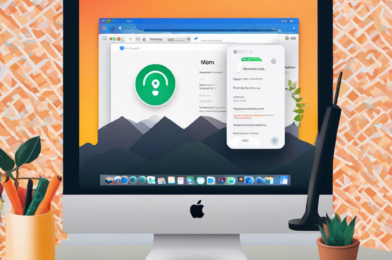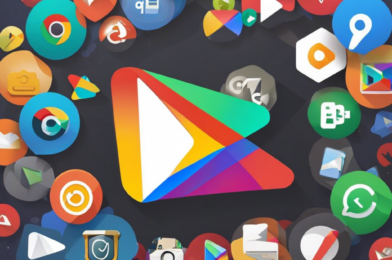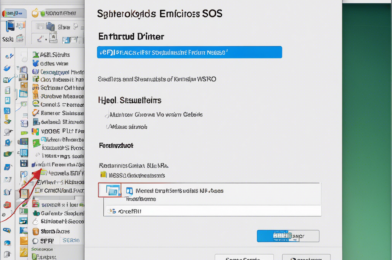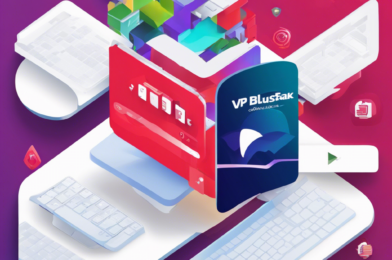In today’s fast-paced digital world, mobile applications play a crucial role in enhancing our daily lives. With an abundance of apps available on Google Play Store, it can be overwhelming to find the best ones that cater to our needs. To make your app-hunting journey easier, we have curated a list of the top 10 must-have free apps on Google Play for 2024. These apps offer a range of functionalities to make your smartphone experience more seamless and enjoyable.
First on our list is “Evernote,” a versatile note-taking app that allows you to capture ideas, create to-do lists, and organize your thoughts effortlessly. With its user-friendly interface and cross-platform syncing capabilities, Evernote is perfect for staying productive on the go.
Next up, we have “Google Photos,” a powerful app for storing, organizing, and sharing your photos and videos. With unlimited cloud storage and AI-powered features like automatic photo enhancement and smart album creation, Google Photos is a must-have for anyone looking to declutter their camera roll.
For music lovers, “Spotify” is an essential app that offers a vast library of songs, podcasts, and playlists for every mood and occasion. With personalized recommendations and offline listening capabilities, Spotify ensures you always have the perfect soundtrack at your fingertips.
If you’re a fitness enthusiast, “MyFitnessPal” is the ideal companion for tracking your exercise routines, calorie intake, and nutritional goals. With its extensive database of foods and exercises, MyFitnessPal helps you stay on top of your health and wellness journey.
For seamless communication, “WhatsApp” remains a top choice for messaging, voice calls, and video chats with friends and family. With end-to-end encryption and a user-friendly interface, WhatsApp keeps you connected no matter where you are in the world.
Looking to stay organized and boost your productivity? “Trello” is a versatile project management app that allows you to create boards, lists, and cards to streamline your tasks and collaborate with team members effortlessly. Whether you’re planning a project or organizing your daily schedule, Trello has you covered.
For news and information enthusiasts, “Flipboard” offers a personalized magazine experience by curating content based on your interests and preferences. With its sleek interface and intuitive design, Flipboard delivers the latest stories and updates in a visually engaging format.
Last but not least, “Duolingo” is a fun and interactive language-learning app that helps you master new languages through bite-sized lessons and challenges. Whether you’re a beginner or looking to brush up on your language skills, Duolingo makes learning a new language enjoyable and accessible.
In conclusion, these top 10 must-have free apps on Google Play for 2024 cater to a wide range of interests and needs, from productivity and communication to entertainment and education. By incorporating these apps into your daily routine, you can enhance your smartphone experience and make the most out of your digital devices. Download these apps today and take your mobile experience to the next level!










